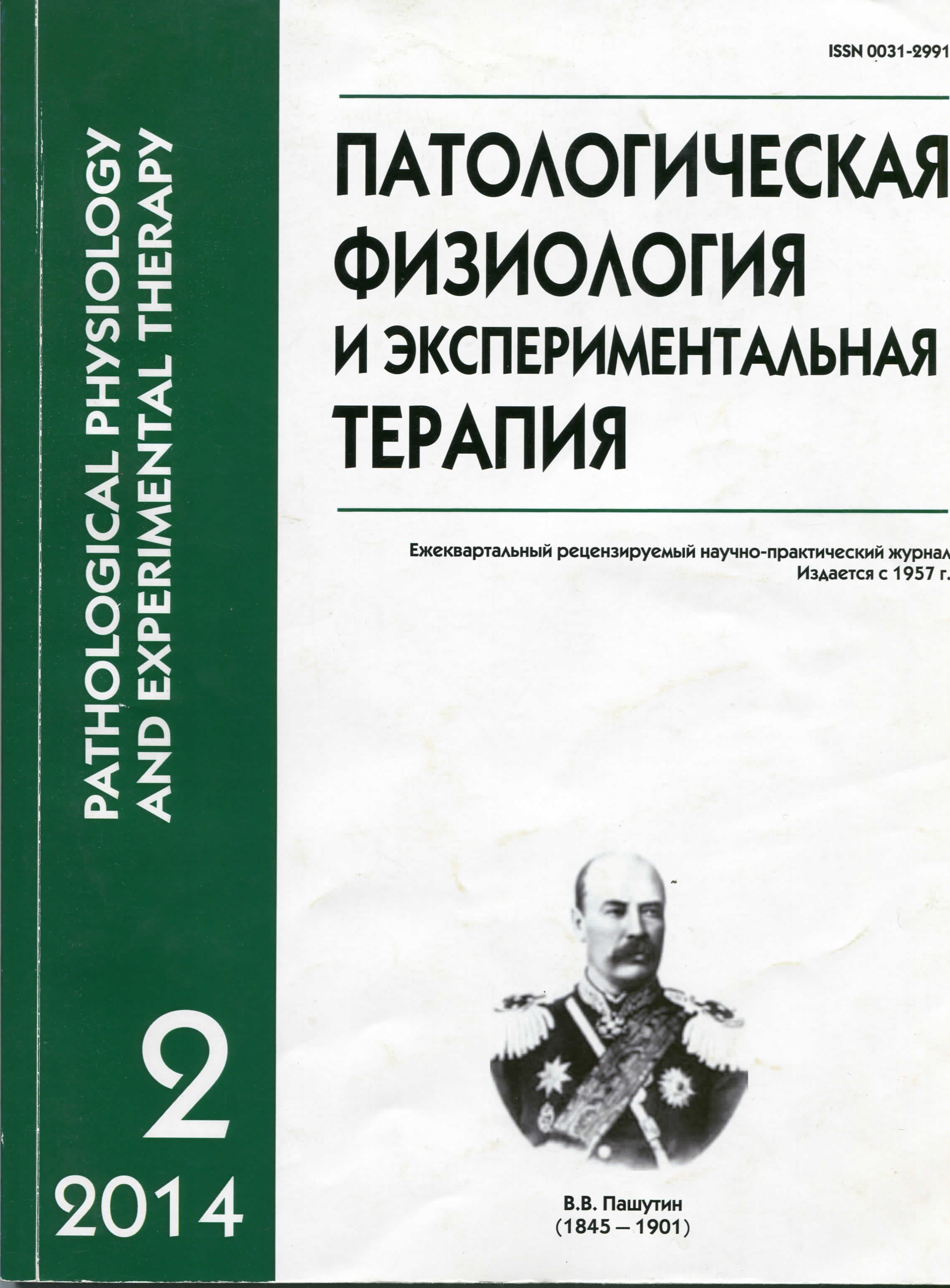Efficacy of motor control at patients with cerebral hemiparesis in rehabilitation conditions with application of transosseous distraction cranio-osteosynthesis
Keywords:
cerebral hemiparesis, distraction cranio-osteosynthesis, cerebrospinal index
Abstract
To study influence of transosseous distraction cranio-osteosynthesis on functional state of neuromotor system at patients with hemispheric stroke consequences, severe craniocerebral trauma analyzed dynamics of electroneuromyography index — cerebrospinal index, obtained by testing of extremities muscles at 28 persons in residual disease period. Data analysis obtained in control period testify to positive cerebrospinal index dynamics is maximum evident in long-term post-operative period and on leads from upper paretic limb. Thus, electrophysiologically identified increase of motor control efficacy of paretic limbs muscles at patients with cerebral alteration consequences in treatment by transosseous distraction cranio-osteosynthesis.Downloads
Download data is not yet available.
Published
12-06-2014
How to Cite
Shein A. P., Skripnikov A. A., Krivoruchko G. A. Efficacy of motor control at patients with cerebral hemiparesis in rehabilitation conditions with application of transosseous distraction cranio-osteosynthesis // Patologicheskaya Fiziologiya i Eksperimental’naya Terapiya (Pathological physiology and experimental therapy). 2014. VOL. 58. № 2. PP. 28–32.
Issue
Section
Original research






